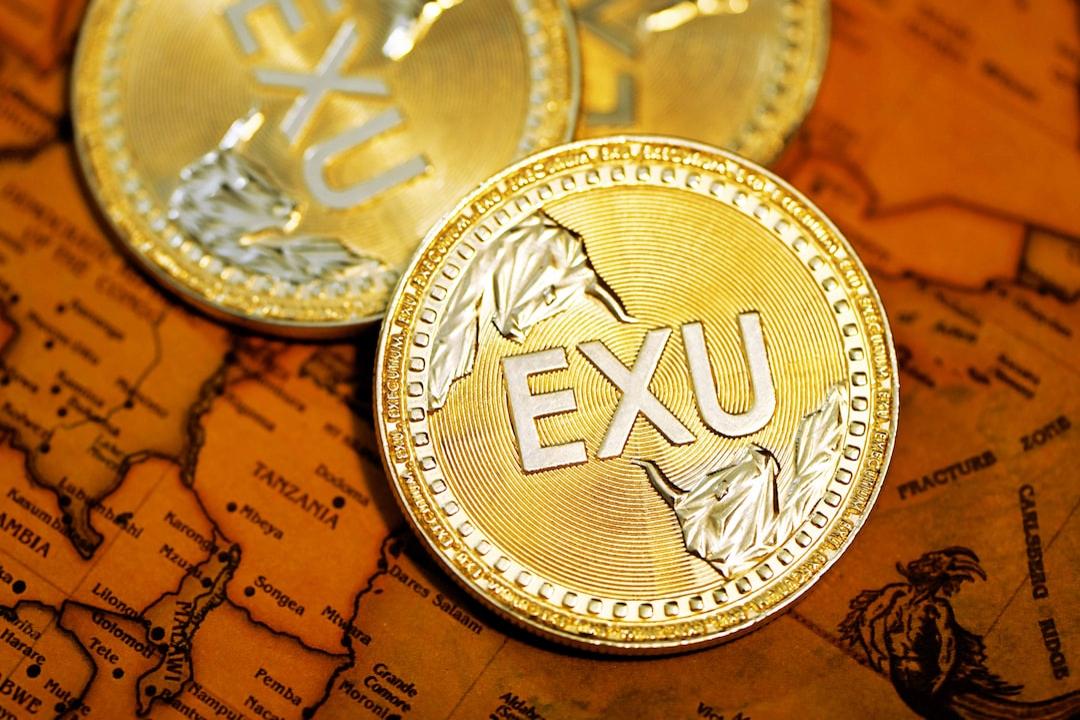In an article published on May 4th titled “Milestone for Ethereum Spot ETF,” a reader posed the following question in the comments section: Why didn’t the price of Ethereum skyrocket after this news? I remember that on that day, many media outlets in the industry discussed this question, and there were various explanations provided. Two common explanations were as follows:
For instance, once the news becomes a reality, the market may have already overreacted, leading to a drop in the price of Ethereum. Therefore, investors may choose to sell their Ethereum after the news is announced in order to profit or mitigate risk.
Another explanation is that this news only signifies the approval of the relevant regulatory documents, and the spot ETF is still not available for trading. We still need to wait for the approval of the S1 document for off-exchange funds to enter the market. Therefore, this positive development cannot be realized at the moment, and the price of Ethereum cannot rise temporarily.
…
These explanations may hold some truth, but sometimes they don’t make sense. This is because we often witness similar financial events where asset prices experience significant increases due to positive news. Therefore, it is difficult to predict the short-term fluctuations in the market stimulated by such news.
As an ordinary investor, I believe it is not necessary to focus too much on the short-term ups and downs that this news brings to the market. It is sufficient to understand that this news will undoubtedly benefit Ethereum and the entire cryptocurrency ecosystem in the medium to long term.
Moreover, we don’t have to wait too long for these medium to long-term impacts. I believe that in the coming months or even half a year, we will likely see the realization of these positive effects.
Upon seeing this question, I thought of a situation that I often encounter in my investments, which is also related to short-term market fluctuations:
I have confidence in the long-term trend and price potential of a token, so I buy it. However, after my purchase, the token not only fails to rise in the following period but continues to decline, only to start rising again after some time.
I initially thought that this was just my own peculiar experience, but I recently learned from reading about Duan Yongping’s investment insights that he also frequently encounters this situation. It is not only Duan Yongping but even the legendary investor Warren Buffett who encounters such situations.
Warren Buffett specifically discussed this phenomenon, stating that expecting the stocks you believe in to immediately increase in price after your purchase is foolish.
At this moment, I suddenly realized that this is a common occurrence for many investors, including top-level investors, and not something unique to me.
This further illustrates that in this market, except for a few geniuses, no one can predict the short-term fluctuations of the market accurately and consistently.
Even top-level investors lack this ability, so as ordinary investors, we don’t need to waste our energy speculating on such fluctuations.
I remember that on that day, besides numerous analyses on why the price of Ethereum didn’t rise, the most discussed topic was the amount of Ethereum liquidations. I guess most of these liquidations were a result of betting on the wrong direction of the price fluctuation.
Both Warren Buffett and Duan Yongping have clear strategies for dealing with this phenomenon: completely ignore these short-term market fluctuations and always focus on the fundamentals and long-term positive aspects of the stocks.
I believe that the same principle applies to cryptocurrency assets.
Therefore, when we come across news like this, our initial reaction should not be to wonder how the price of Ethereum will change after the news is released, but to speculate on what kind of impact Ethereum and the entire cryptocurrency ecosystem will experience in the upcoming bull market.

